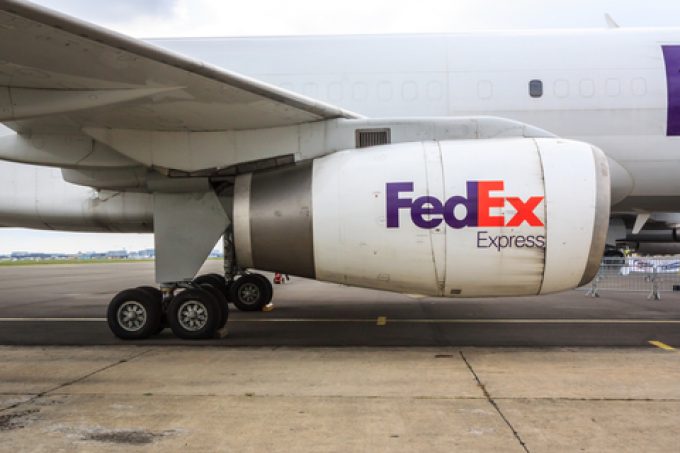Small businesses fearful as DOGE has USPS revamp in its sights
The news that postmaster general Louis DeJoy invited the US Department of Government Efficiency (DOGE) ...

Christmas is coming early – according to FedEx – or rather, it’s coming early for the integrator.
Instead of the usual peak season surcharge on shipments starting in early October, this year FedEx customers will start paying as early as the US Labour Day holiday on 5 September.
The company justified the move by saying there were elevated costs it needs to cover.
However, recent aggressive policies to raise margins and a hike in dividend payments suggest the extended surcharge period also harbours ...
Volcanic disruption at Anchorage could hit transpacific airfreight operations
Macron calls for ‘suspension’ – CMA CGM's $20bn US investment in doubt
Forwarders stay cool as US 'liberation day' tariffs threaten 'global trade war'
Shippers snap up airfreight capacity to US ahead of tariff deadline
De minimis exemption on shipments from China to the US will end in May
Tighter EU import requirements proving 'a challenge' for forwarders
Looming Trump tariffs will create 'a bureaucratic monster' for Customs

Comment on this article